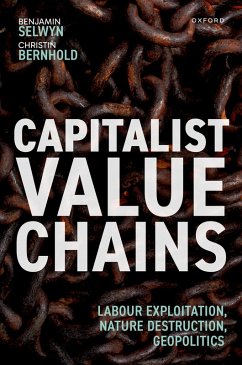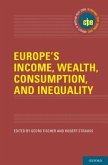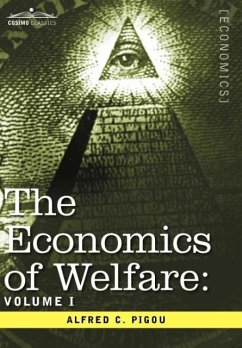Is it true that Global Value Chains (GVCs) 'boost incomes, create better jobs, and reduce poverty', as commonly claimed? In this compelling book, Selwyn and Bernhold show how the mainstream notion of GVCs obscures their capitalist character. To transcend this shortcoming, the authors introduce the concept of Capitalist Value Chains (CVCs). They explore how and why CVCs generate many highly exploitative jobs, new forms of poverty, are stunting real human development, and are destroying the world's environment. CVCs are a historically-specific configuration of capitalist class relations that have been restructured and bolstered through geopolitics. The authors argue that rather than waiting for the elusive benefits of 'economic, social, and environmental upgrading' as promoted in mainstream GVC scholarship, workers' collective actions can improve their pay and conditions-under historically and geographically specific conditions of uneven development. The authors clearly explain how, instead of striving to make CVCs more 'resilient', progressive political economists need to envision a world beyond these capitalist relations of generalized exploitation and appropriation. .
Bitte wählen Sie Ihr Anliegen aus.
Rechnungen
Retourenschein anfordern
Bestellstatus
Storno








